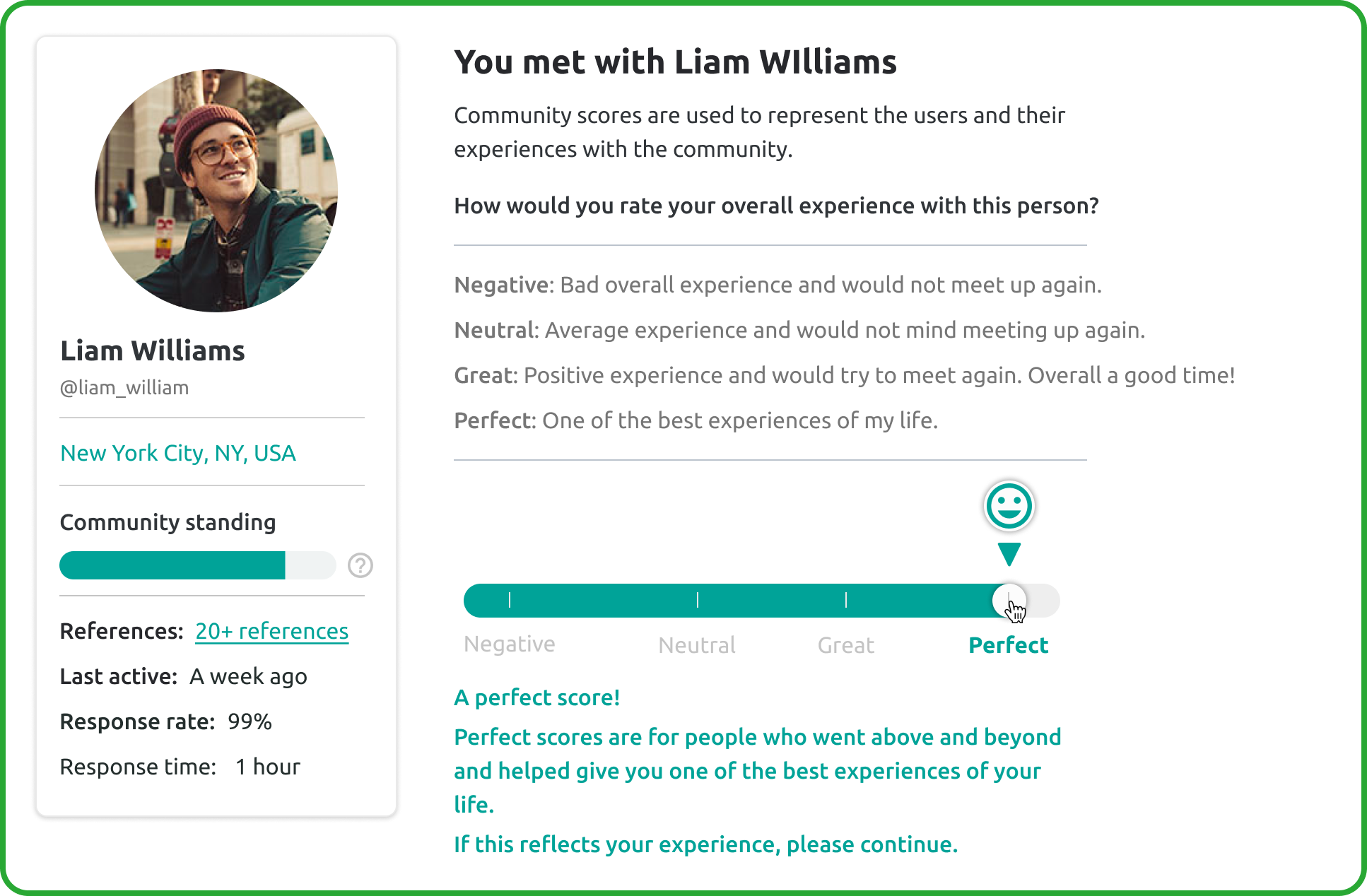Couchers.org
The new, modern platform for couchsurfing.
What is Couchers.org?
Couchers.org is a new hospitality, exchange platform designed and developed by the couchsurfing community.
My Role
September 2020: Couchers.org was seeking UX Designers to help contribute to the development of a new couchsurfing platform.
The Couchers.org team was comprised of former couchsurfing.com users, who had all left the platform due to the implementation of a paywall, a plan contradictory of the values of couchsurfing.
March 2021: UX Lead for Couchers.org
The Problem
A once thriving couchsurfing community had been drastically changed when the original couchsurfing.com executive board had changed and became a for-profit organization.
The community feeling had drifted away. As couchsurfing fanatic and Input Magazine writer Andrew Federov described (couchsurfing.com): Paradise lost: The rise and ruin of Couchsurfing.com.
The couchsurfing community needed a new alternative. An alternative that is community led, community heard, and community created.
The Goal.
-
Free.
Couchers.org is free and will remain free.
Users should not have to pay to exchange free cultural experiences with others.
-
User-centric.
Users must be heard.
-
Community-led.
Couchers.org must be community led and non profit.
The platform must uphold the original couchsurfing values to maintain its thriving community.
-
Accessible.
Everyone deserves to experience the joys of travel and cultural exchange.
-
Safe.
The couchers community must be a safe community, especially for women.
Users must be held accountable for their actions. Freeloaders will not be tolerated.
“I’m breaking up with couchsurfing.”
— BRENONTHEROAD.COM, Is This Finally the End of Couchsurfing?
Understanding the User
In order to gain a better understanding of the users, a number of different methods were used to gather data.
The goal of gathering user data was to dig deep and uncover user insights about the couchsurfing experience.
Participatory Design
The couchers.org team is comprised of developers, designers, marketers, project managers, and users from the couchsurfing and travel community.
Couchers Forum
A couchers.org community forum was created to serve as a dedicated space for users to discuss the development of the platform, feature requests, feedback, and other related topics.
Focus Groups
Couchers.org hosts monthly town halls and team meetings, where anyone from the community is welcome to join. Participants are encouraged to engage in the discussions and voice their opinions.
Competitor Analysis
Couchsurfing users are found across other platforms, such as couchsurfing.com, trustroots.org, and bewelcome.org.
Questions
In order to discover user goals, expectations, and behaviors, a series of probing questions were used.
Questions were centered around the following themes to explore the future priorities and goals of the product.
The goal was to set aside user assumptions; and dig deeper and uncover user experiences', motivations, and problems.
What are your primary goals when using couchsurfing (and its alternatives)? Secondary goals? What motivates you to use these platforms?
How would you describe your experience using couchsurfing (and its alternatives)? What stands out to you?
What current features do you feel are missing or need to be improved? What improvements can be made to help you achieve your goals easier?
In what ways do the current platforms fail to meet your needs? Immediate frustrations?
How safe do you feel using current platforms? How would you describe your emotions leading up to your experience?
Style Guide
The style guide consists of colors, typefaces, and assets that were created or chosen and then voted upon by volunteers.
The voting process included several styles and several rounds of voting.
In addition, photos of real couchsurfing experiences were submitted by community members and used as design inspiration through the design process.
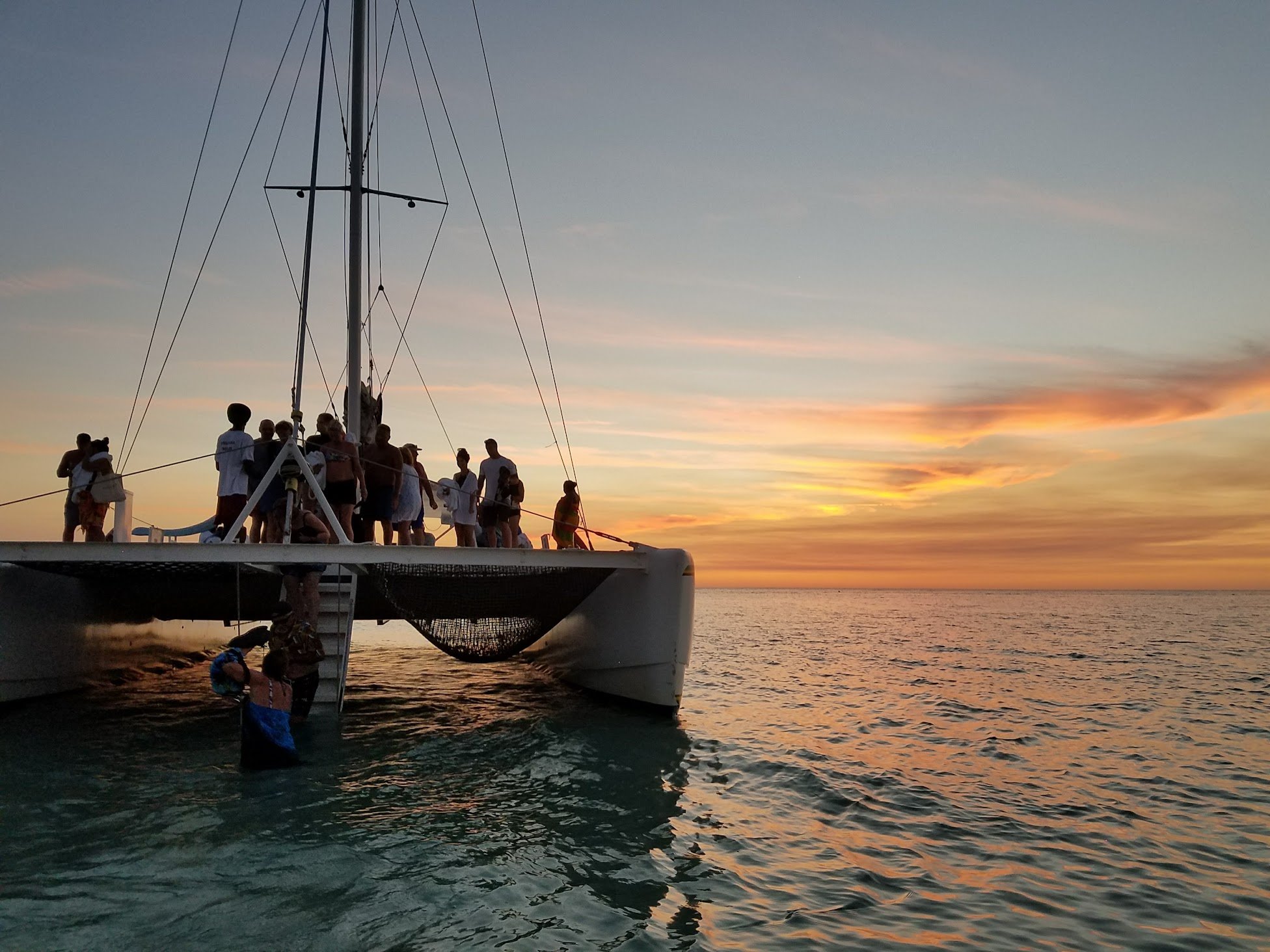
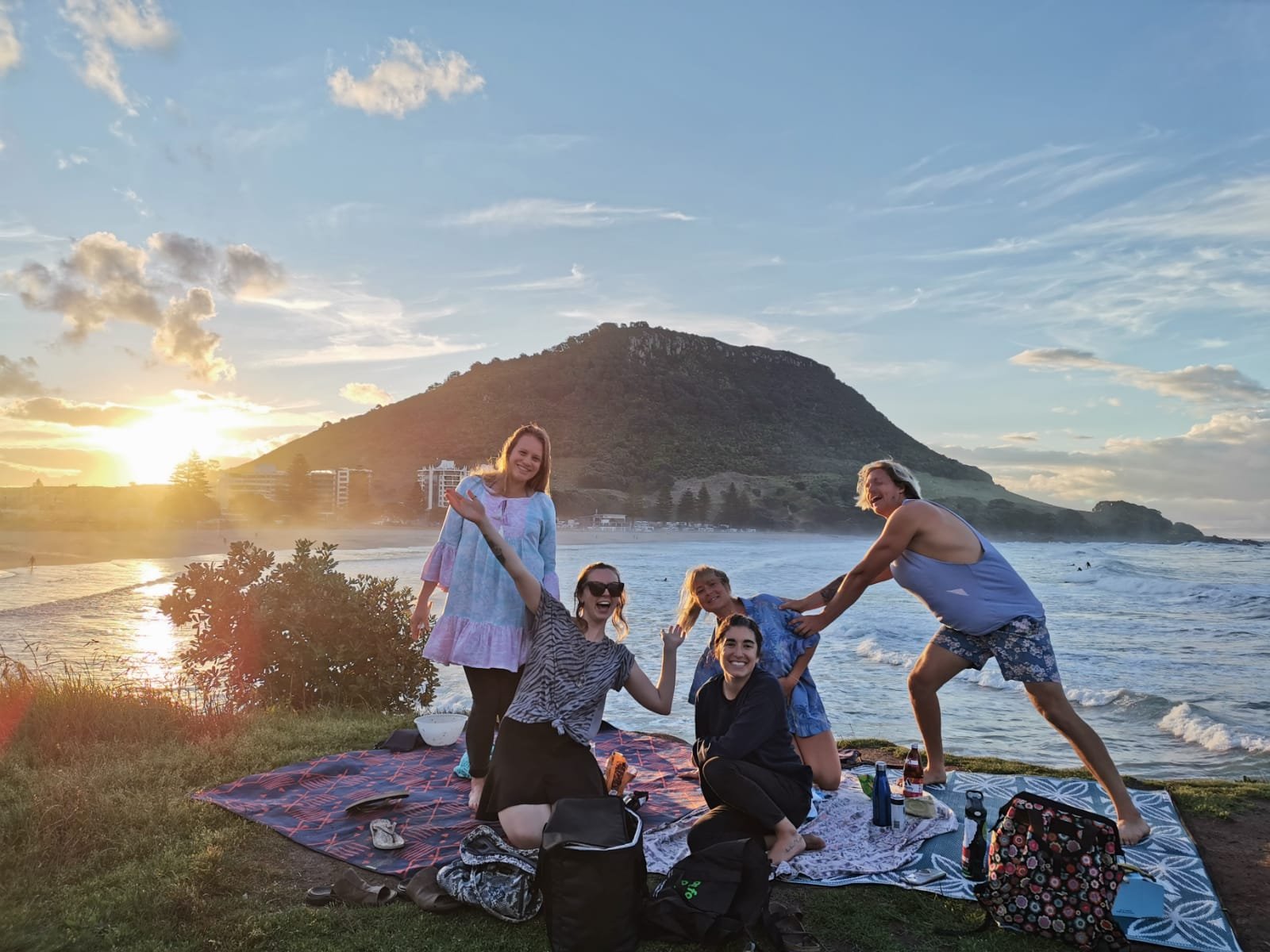
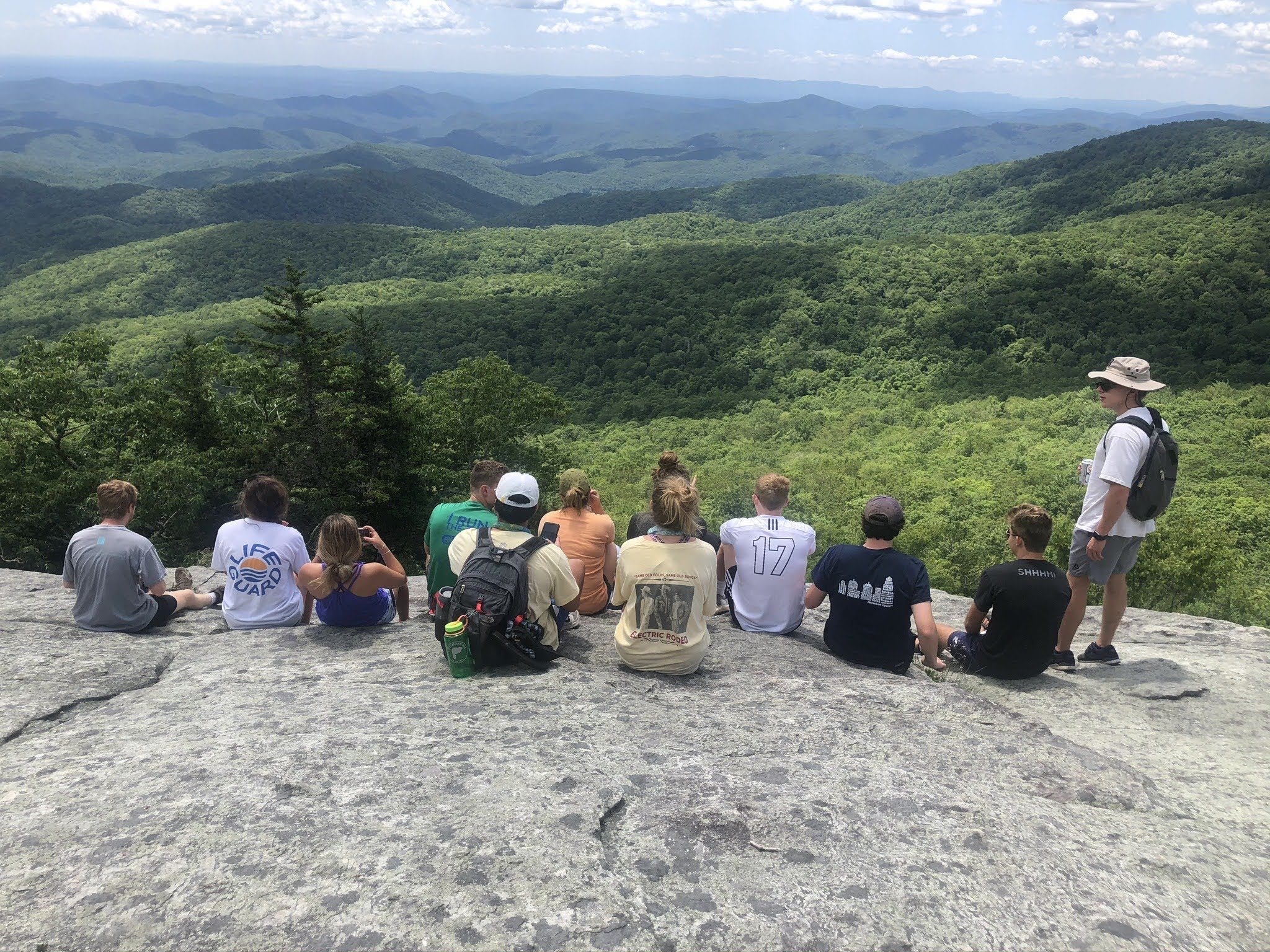
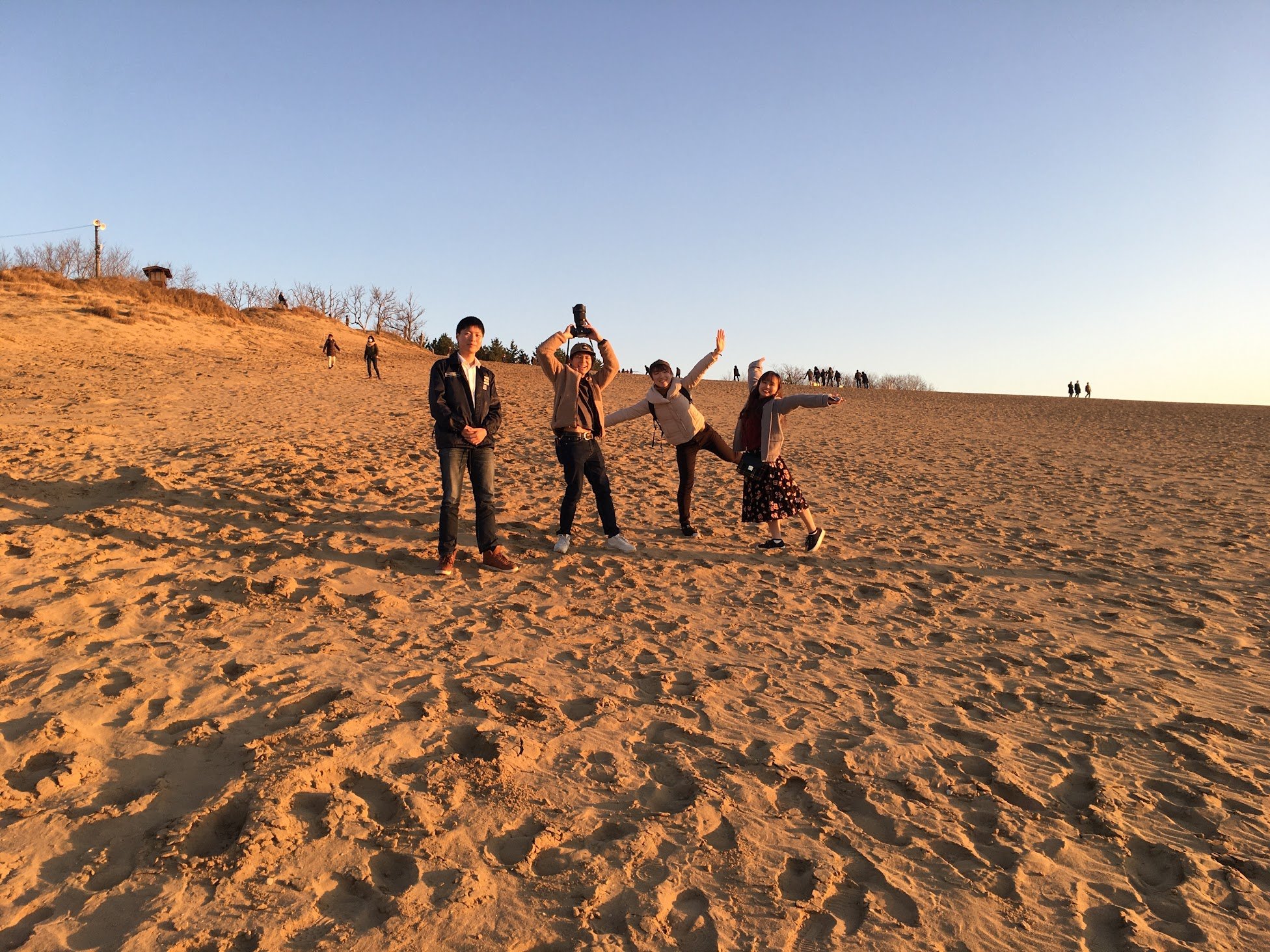
A User-Centric Approach: Requirements
-
Free.
Couchsurfing should be free.
Many users express they should not have to pay a membership fee to create cultural experiences with others.
-
Improved Verification System.
A new and improved verification system should improve the accuracy and legitimacy of a user.
There are far too many catfishes and fake profiles roaming the other platforms.
-
Improved References System.
A new and improved references system should increase the transparency between users.
Users should have a better feeling of what to expect when interacting with another community member.
-
Modern, Aesthetic.
Couchers.org must be up to date on design trends and standards.
Other competitor sites fail to meet design standards and heuristics, which can be unappealing to users.
-
Better Host Matching.
Users want to diversify host results.
In many use cases, the same hosts appear for popular search results. Therefore, the same hosts and communities are perceived as more active than others, leading users to falsely believe other hosts and communities are inactive.
-
Open Feedback Channels.
Users want to have the opportunity to express feedback about their experience.
-
Live Hangouts Feature.
Users want a live hangout feature that lets other travelers know who is in the area and open to meeting up in real time.
-
Active Communities.
Users want active communities.
Active communities include ongoing meet ups, events, and discussions.
At couchers.org, community moderators are hand selected after a screening process to lead engaging communities.
Ideation and Exploration
From Mobile App to Website
The framework and interface of the desktop wireframes was inspired by the original mobile (native) application design at the time.
In order to meet the May 2021 deadline (when Couchsurfing.com would implement its membership paywall), priorities shifted to launching a functional, interactive Beta website.
Feedback was constantly gathered via bi-weekly team meetings, monthly town halls, Slack Feedback channels, community discussion threads, usability testing reports, customer support reports, GitHub PRs, and more . As a result, many changes and iterations were explored for the future website.
Desktop Wireframes
The mobile wireframes were used as a reference point and model for the design of the desktop interface.
It was important to scale the designs appropriately to match the initial model designed for the mobile application.
Identifying Usability Issues
Data from usability testing and live Beta interactions have revealed a number of usability issues on the website. Let’s take a look at the most recent focus: References.
Issue 1: Lack of “I did not stay with this person” option
1.1 | The Context
References are required following confirmed, planned events (i.e. host stays). Following the dates of the event, users are notified and required to complete the references form.
“You just stayed with John Doe. Please leave a reference so other users know what to expect!”
1.2 | The Problem
Users are forced to complete an unnecessary reference form.
The unnecessary reference form leads users to leave a blank or meaningless review (e.g. “I did not stay with this person”).
Solution: CTA Button - “I did not stay with this person.”
Users should be given the option to eliminate any further steps of the references form.
For example, a CTA button displaying “I did not stay with this person” should be available and highly visible for the user to select with ease.
Issue 2: Language misinterpretation
2.1 | The Context
To assess the user’s experience with the other couchers community members, the reference form asks yes/no questions such as:
Did you feel safe with this person?
Did you feel comfortable with this person?
2.2 | The Problem
Due to the international user base, the terminology used in this context has led to misinterpretation of the question.
The meaning of “safe” and “comfortable” vary across cultural contexts and settings.
Solution: Give users a number of descriptive options to select from to describe their experience
Users should be given a list of universally understood choices (e.g. safe meet up; great local recommendations; outgoing and friendly; etc) that may reflect their experience. Users should have the ability to select more than one option to provide an accurate representation of the experience.
These descriptors will then be displayed on the user’s profile for others to see.
Issue 3: Users submitting a perfect score
3.1 | The Context
Users are asked to drag a marker on a horizontal color scale that reflects their experience.
The scale reflects the following experiences: poor, neutral, great, and perfect.
The score is then included in the user’s average score, which is shown in the user’s profile as their “community score.”
3.2 | The Problem
Perfect scores are aimed to represent users who went above and beyond to provide the perfect experience. Great scores are aimed to represent great experiences. The goal of the scoring system was to create a distinction between a positive experience and an experience that was beyond expectations. It was important to provide a reference system that succeeds in providing an accurate and transparent review.
The problem is that users tend to automatically drag the marker to the end of the scale (i.e. perfect score) if they had a positive experience, unknowingly leaving a perfect score. As a result, users may accidentally submit an inaccurate representation of their true experience.
Solution: Provide static descriptors of the scale; OR introduce responsive descriptions of the selected score below the scale as the user toggles the marker
The system should display a brief explanation of the score descriptions (e.g. Perfect: is reserved for experiences that went above and beyond your expectations). Users should have a great understanding of how to leave an accurate score.
The system should also implement responsive feedback as the user toggles the marker. For example, when the user drags the marker into the “perfect” threshold, a responsive message should appear to capture the user’s attention and communicate the meaning of their actions (e.g. Woah! This score is reserved for users who truly provided the perfect experience. If this is accurate, please confirm and continue.)
Couchers.org Today
-
22,000 users.
Over 22,000 users around the world are actively using couchers.org today.
-
90 active communities.
Over 90 active communities have been established across North America, South America, Asia, Australia, Europe, Africa, and the Middle East.
-
99 successful meet ups.
99 successful community meet-ups in September 2022.
Official Non-Profit.
January 2022:
Couchers.org became the world’s first couchsurfing platform to obtain 501(c)(3) non profit status in the U.S.
Recently Featured
-

Adventure Uncovered
Adventure Uncovered highlights remarkable journeys, accelerating social and environmental change through responsible adventures.
-

Freestyle Travel Show
A podcast featuring featuring stories, interviews and discussions tailor-made for hitchhikers, backpackers, couchsurfers and all who love to travel freely, spontaneously and indefinitely.
-

Footloose
Travel tales with nomads. Interviews and conversations with people living unconventional lifestyles, travelling and working around the world.
These nomads are cruising the Greek islands and Mediterranean on their Adagio Sundeck 44 Trawler. Along the way meeting all sorts of interesting people, from 18 year olds to 70 year olds living life unconventionally and travelling the world.
-

Input Magazine
Input is a new kind of technology and culture publication that investigates the objects, ideas, people, companies, and trends that are shaping the future — then tells those stories with insight, perspective, and urgency.
From what’s happening in streetwear to what’s next in VR, Input connects the dots between the news that matters, offers opinion that makes you think, and never pulls punches.
“I'm following the progress being made [on Couchers] and liking what I'm seeing. Keep up the [good] work!”
— Vincent from Belgium


















